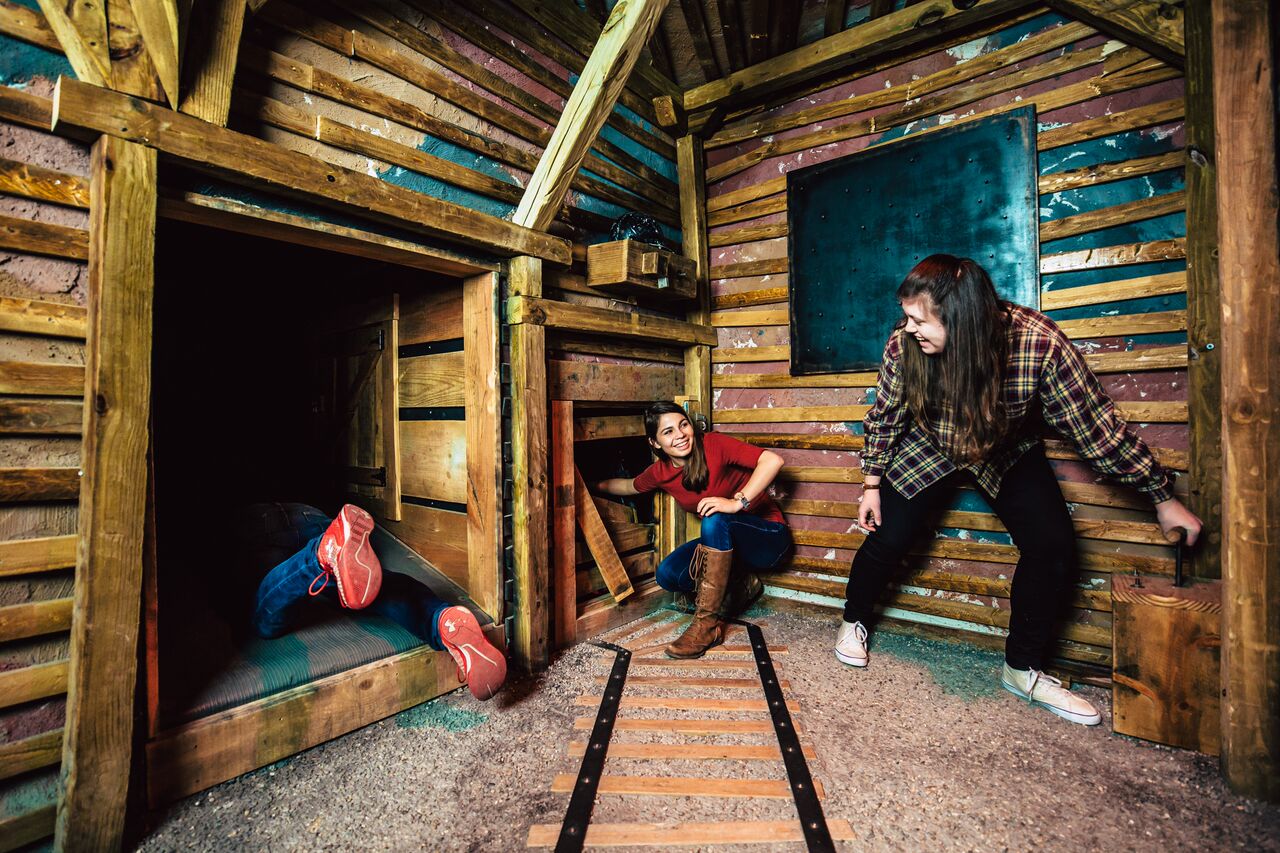Best Escape Room-- Test Your Skills and Resolve the Secret
Best Escape Room-- Test Your Skills and Resolve the Secret
Blog Article
Team Techniques: Just How to Team up Efficiently in a Retreat Area
Navigating the complexities of an escape area requires more than mere interest; it requires a well-coordinated approach based in clear interaction, critical role assignments, and adept time administration. Groups need to actively pay attention to every member's understandings, appoint duties that straighten with specific staminas, and preserve normal check-ins to make certain focus and prevent redundancy. By promoting a setting that values communication and adaptability, groups can substantially increase their effectiveness and success rates. The nuances of these techniques can transform the experience, however how exactly can they be applied to make the most of the potential for success?
Establish Clear Interaction

To help with clear interaction, it is vital to designate a central point of call for information dissemination. Brief, focused updates from each group participant can maintain the team educated without overwhelming them with info.
Designate Roles Purposefully
While clear interaction establishes the foundation for reliable team effort, appointing duties tactically ensures that each group member's strengths are made use of efficiently. In a retreat room scenario, the time-sensitive and intricate nature of challenges demands a well-organized method to job delegation. By determining and leveraging specific competencies, teams can enhance their problem-solving abilities and boost general efficiency.
Someone with an eager eye for detail may stand out in discovering surprise items, while a rational thinker can be much better fit to solving puzzles. This role typically requires solid organizational and interpersonal skills.
Second, make sure that functions are versatile and versatile. As brand-new difficulties emerge, the team should have the ability to pivot, reallocating tasks as required. This adaptability aids maintain momentum and prevents traffic jams that might take place as a result of inflexible function projects.
Inevitably, a strategic approach to duty task not only makes best use of the toughness of each employee but additionally cultivates a cohesive environment, driving the team towards an effective getaway.
Utilize Diverse Skills
Identifying and taking advantage of the varied skills within your group can considerably boost your performance in a retreat space. Each staff member brings one-of-a-kind strengths to the table, and successfully leveraging these capabilities can accelerate analytical and enhance general efficiency. For instance, a group participant with strong analytical abilities could succeed at analyzing intricate codes or patterns, while one more with keen empirical capabilities might quickly spot hidden hints that might overlook.
Efficient interaction is imp source key to making use of these varied abilities. Encourage employee to articulate their understandings and concepts quickly, making sure that all prospective remedies are considered. This inclusive method fosters a vibrant setting where creativity and vital thinking can prosper. Additionally, assigning tasks that straighten with each member's strengths can avoid bottlenecks and make certain that development is constant.
In addition, variety in skills usually converts to diversity in thinking styles, which is vital in a getaway room setup. While some difficulties might need logical thinking and accuracy, others might gain from creative and association of ideas. By recognizing and leveraging this diversity, groups can attend to a broader range of difficulties better, therefore boosting their opportunities of an effective getaway.
Manage Time Efficiently

Recognize visible puzzles and divide jobs based on team participants' toughness, guaranteeing that no one is still. This method can pop over to this web-site assist maintain the team concentrated and prevent time from slipping away undetected.
In addition, stay clear of passage vision. If a challenge is taking also long, turn group members or proceed to one more challenge, returning later with fresh point of views. Interaction is critical-- keep every person upgraded on addressed puzzles and remaining jobs to stay clear of redundant efforts.
Lastly, utilize any hints or clues moderately but strategically - best escape room. Understanding when to request for aid can conserve valuable time. By adhering to these time administration concepts, teams can significantly enhance their opportunities of an effective and delightful escape room experience
Debrief and Show
Representation is a crucial element of group growth and enhancement in the context of retreat spaces. As soon as the challenge is completed, whether effectively or not, it is vital for the team to involve in an organized debriefing session. This procedure allows staff member to analyze their efficiency, identify strengths, and identify locations for enhancement.
Start the debrief by reviewing what went well. Highlight particular circumstances of effective communication, analytical, and cooperation. Identifying these you could look here positive actions enhances them and encourages their repetition in future difficulties.
Talk about moments of confusion, miscommunication, or inefficient methods. Motivate an open and useful discussion where team participants can share their viewpoints without anxiety of objection.
Final Thought
In verdict, successful cooperation in a getaway area is predicated upon clear communication, critical function jobs, the efficient use of diverse abilities, and efficient time management. By producing a natural and flexible team atmosphere, the chance of effectively solving puzzles and accomplishing the purpose of leaving the area is substantially improved.
Report this page